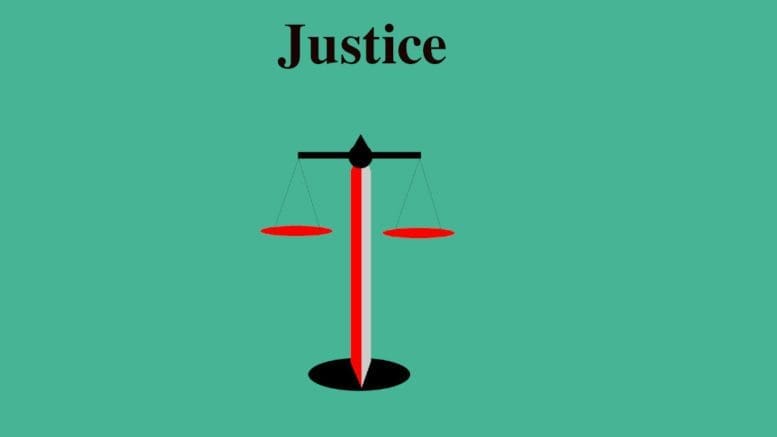by Peter A. Joy, Washington University in St Louis, [This article first appeared in The Conversation, republished with permission]
The federal trial for former President Donald Trump’s alleged mishandling of classified documents is scheduled to start on May 20, 2024, U.S. District Judge Aileen Cannon announced on July 21, 2023.
This trial date should be entered into calendars with a pencil, because Cannon’s order leaves open the possibility that the trial could be delayed. Reasons for such a delay could involve either the defense or prosecution filing various requests that draw the process out.
Federal prosecutors wanted the trial to begin as early as December 2023. Trump’s legal team had pushed to delay his trial until after the election. Cannon took a middle ground by setting the May 2024 trial date. The trial is scheduled to happen after most of the Republican primaries are held, but before the November 2024 presidential election.
Critics have scrutinized Cannon, whom Trump appointed to the bench in 2020, questioning whether her previous rulings and nature of her appointment indicate bias in favor of Trump. These observers called for Cannon to remove herself from the Justice Department’s case against Trump.
I am a scholar of legal ethics and trials. The fact that Trump appointed Cannon to the bench is not a good enough reason for her to recuse herself from the case.
A shadow over the trial
Trump has pleaded not guilty to 37 felony counts related to the mishandling of national security information and obstruction of justice. This case was randomly assigned to Cannon in June 2023, not because anyone personally selected her for the job.
Some argue that Trump’s appointment of Cannon – and a ruling Cannon made in Trump’s favor in earlier stages of the case – are reasons to remove her from the case. Legal experts have said that her previous rulings “cast a shadow over the proceedings,” especially since they fall “well outside of the judicial norm.”
In an earlier ruling, Cannon stopped the FBI in September 2022 from reviewing documents seized from Mar-a-Lago until after a special master, whom she appointed, reviewed them. This was a very unusual decision, and the court of appeals quickly reversed her order, finding that Cannon exceeded her authority.
Still, federal law states that mandatory recusal, or disqualification of a judge, is required only under limited circumstances in which “the judge’s impartiality might reasonably be questioned.” Impartiality is required so that every person will receive a fair trial, free from bias.
Judges have stepped away from cases in circumstances in which they had personal knowledge of disputed facts or had a potential financial interest in the matter. For example, Mark Walker, the federal judge in Florida originally assigned to Disney’s case against Gov. Ron DeSantis, recused himself in June 2023 when he learned that a relative owned stock in Disney.
Little outside interference
Federal judges generally decide for themselves whether to step down from a case or not.
Supreme Court Justice Stephen Breyer, for example, did not take part in cases decided in the lower court by his brother, U.S. District Judge Charles Breyer.
Supreme Court Justice Brett Kavanaugh recused himself in 2022 from a case in which the Supreme Court gave a US$2 billion verdict in favor of women who claimed they developed ovarian cancer from using Johnson & Johnson talc products. Kavanaugh’s father had headed a trade association that lobbied against warning labels on talc products.
There are also many cases of judges not recusing themselves despite calls to do so.
If either the defense or prosecution does not think that a particular judge can be fair, they can file a motion before the trial begins to have the judge disqualified. The judge in question usually decides the motion, and, if the judge does not voluntarily step down, the petitioner may appeal the decision to the court of appeals. The court of appeals rarely second-guesses the trial judge’s decision to stay on a case over a party’s objection.
Peter A. Joy, Professor of law, Washington University in St Louis
This article is republished from The Conversation under a Creative Commons license. Read the original article.
